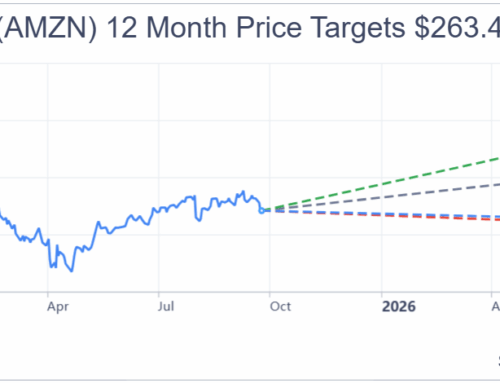Meta Expands Political Fight on AI Rules While Supplying U.S. Military with Its Tech
September 24, 2025
Meta is stepping up its presence in both politics and defense. On the same day it unveiled a super political action committee aimed at shaping state-level artificial intelligence policy, the company also confirmed that its AI tools are being shared with U.S. allies for military training and planning.
The new super PAC, called the American Technology Excellence Project, will direct tens of millions of dollars toward candidates who resist strict limits on AI. Run by Republican strategist Brian Baker with support from Democratic consultants at Hilltop Public Solutions, the group is meant to back pro-technology voices across state legislatures. Meta has not disclosed which elections it plans to influence or how many people the effort will employ.
State lawmakers have been unusually active on artificial intelligence this year, introducing more than a thousand proposals ranging from limits on election misinformation to protections for performers’ digital likenesses. Meta argues that a fragmented regulatory map could put the United States at a disadvantage compared to China, which is accelerating its own AI development. While Congress has shown little appetite for broad restrictions, it has also left states free to act, creating a patchwork of rules the industry sees as costly and confusing.
At the same time, Meta’s AI models are increasingly being folded into military operations. The company has worked with the U.S. Army on pilot projects that use its Llama models for mission planning, training, and equipment repairs. It is also collaborating with defense contractor Anduril on augmented and virtual reality gear for soldiers.
Access to these tools is no longer limited to the United States. Meta has opened Llama to national security partners across the so-called Five Eyes alliance, Australia, Canada, New Zealand, the United Kingdom, and the U.S., along with NATO members and other allies such as Japan, Germany, France, Italy, and South Korea. The company says the technology is primarily being used for simulations, logistics, and decision-making support, though it acknowledges that broader applications remain possible.
For Meta, the dual strategy of political advocacy and defense integration reflects a push to secure its place as a central player in the AI economy. The company is positioning itself not only as a platform builder but also as a technology supplier whose influence stretches from state legislatures to battlefield planning rooms.
That convergence raises questions. Just a few years ago, Meta faced heavy criticism for allowing its platforms to become conduits for election interference. Today, it is simultaneously lobbying against regulations and embedding its software inside the U.S. military and allied forces, a shift that underscores how quickly the company’s role has expanded.
Notes: This post was edited/created using GenAI tools.
Read next: DeepMind Adds New Safeguards After Shutdown Resistance Study
Search
RECENT PRESS RELEASES
Related Post





